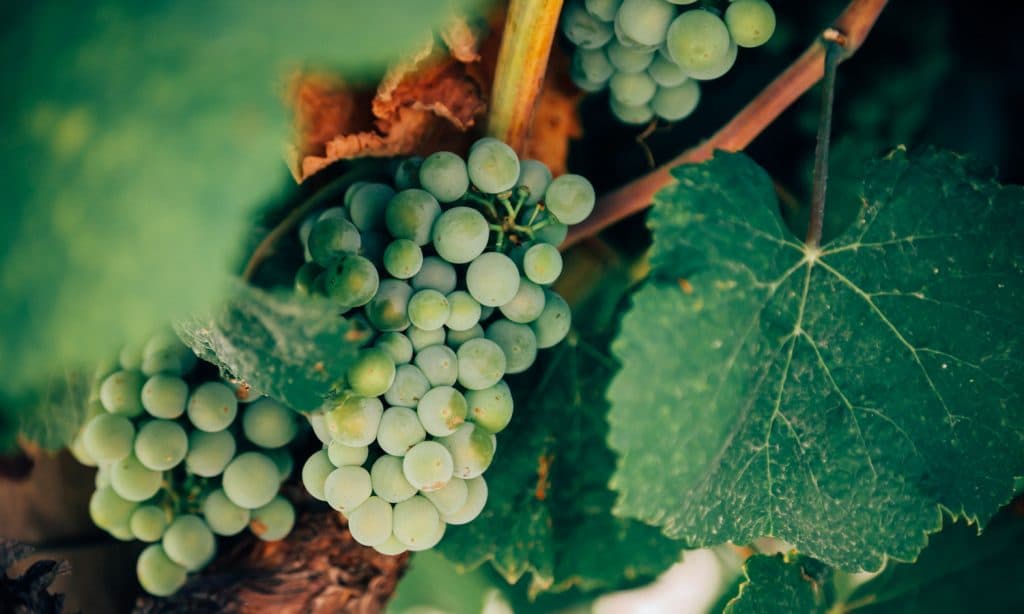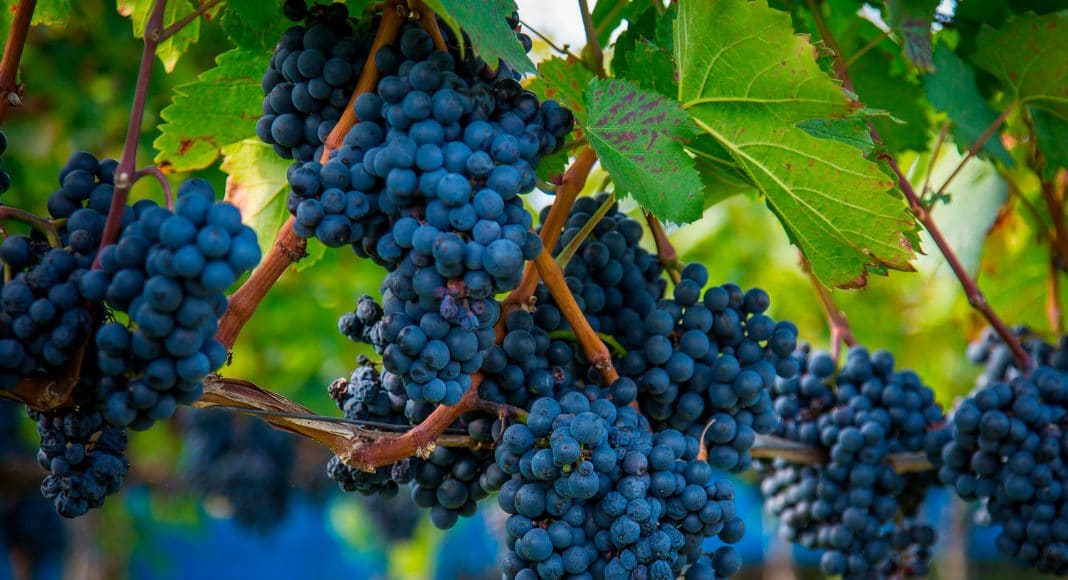A racketeering lawsuit against local marijuana farmers could have significant ramifications for the cannabis industry. But do the wine growers have a point?
For the past several years a battle between the cannabis and liquor industries has been brewing, primarily over whether bud will bite into beer, wine, and spirit sales. Studies conflict over whether that’s actually happening or not as legalization spreads across the United States. A 2018 study found that liquor sales dropped by 15% in states with legal medical marijuana access, but the Distilled Spirits Council released its own study earlier this year that demonstrated spirit sales are rising in states with recreational cannabis laws.
None of that information has stopped some wineries from claiming legal cannabis is hurting their bottom line, though not exactly how you’d expect. Oregon’s Momtazi Vineyard alleged in a lawsuit that a nearby cannabis operation has sullied its product with “smoking taint,” sullying their grapes with undesired marijuana notes. One of the vineyard’s customers canceled a six-ton order of grapes, as the product in question abutted the border of the marijuana grow.
RELATED: Legalizing Marijuana Seems To Lower Teen Interest In Weed
While the concept of marijuana-infused wine might jazz some consumers — as might the expression “smoking taint” — the lawsuit is no laughing matter between the industries. This is far from the first racketeering lawsuit filed by vineyards against marijuana businesses in legalized states. Wine and weed growers have battled for control of water, land, and air in states like Oregon and California, as the fertile agricultural environments are highly desirably by both industries.
The difference here is that most cases have been thrown out of court. But a judge ruled that the lawsuit can proceed, as the vineyard can specifically point to business lost due to cannabis. “The customer’s concerns, whether valid or invalid, arose directly from the proximity of defendants’ marijuana-grow operation,” U.S. Senior District Judge Anna Brown wrote in her decision.

This battle between Momtazi and their neighbor Yamhill Naturals, owned by weed farmer Richard Wagner, has been brewing for a couple years now, as The Outline detailed their fued back in 2018. There could be legitimacy to his claims, too, as research has demonstrated that nearby eucalyptus plants can alter the taste of grapes, as eucalyptus notes can be tasted in wine processed by those grapes. In addition, grapes grown in areas affected by wildfires have taken on a smoky ashtray quality.
“If I owned a vineyard and a cannabis farm went in next door, I would be extremely concerned about the aromas and oils given off,” Gregory Jones, the director of the Center for Wine Education at Oregon’s Linfield college, told The Outline. “When those oils get on grape skins, we have no clue what it does. There just hasn’t been the research.”
RELATED: I Went To A Cannabis Farm For The First Time: Here’s What Happened
The outcome of this case could provide a blueprint for similar legal battles in the future. As Food & Wine pointed out, the science may not even be a factor here. If Momtazi proves nearby marijuana crops incites financial losses at the vineyard, that might be all that matters from standpoint. According to the lawsuit, “the marketability of the grapes grown Momtazi property has declined” because of weed crops. Matt Goldberg, a lawyer representing the defendants, is confident that they’ll prevail.
“With each sort of experience and each individual case, they sort of retool their methodology and go at it again and see if they have enough now to survive a motion to dismiss,” Goldberg told the Associated Press. “Maybe they lose one motion here or one motion there, but they’re in the fight.”


